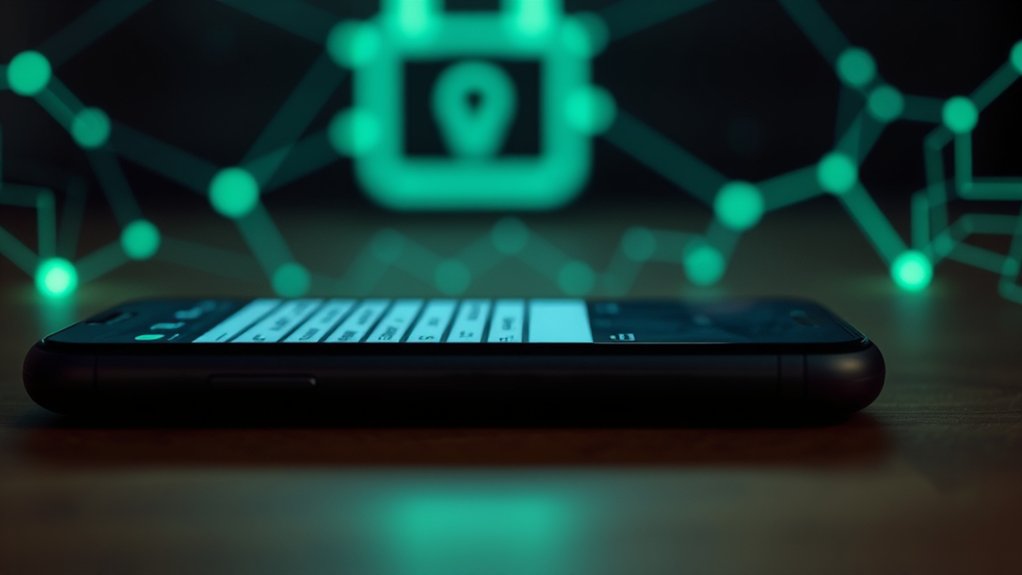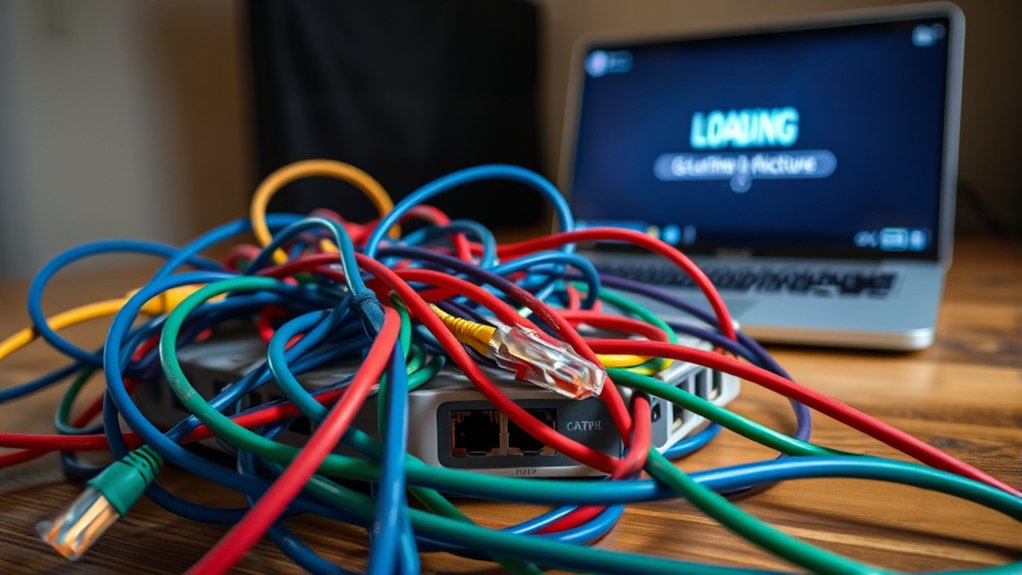To send anonymous emails safely and securely, individuals should use secure email providers like ProtonMail, which offer strong encryption. Utilizing disposable email services like Temp-Mail can further improve anonymity, filtering spam and protecting user identities. Combining these with a VPN, such as NordVPN, masks the user’s IP address, ensuring additional privacy. Adopting practices like using pseudonyms and avoiding personal details is crucial. These measures create a strong framework for secure communications, and further details can improve this approach.

Sending anonymous emails has become a vital practice for individuals seeking privacy in their digital communications. The prevalence of data breaches and increasing surveillance has prompted users to investigate various tools that guarantee their anonymity. Secure email providers like ProtonMail, Tutanota, and Spike offer exceptional encryption and privacy features, making them suitable for those interested in sending anonymous emails. These services provide a safe environment, safeguarding user data from prying eyes. Additionally, using specialized tools can enhance one’s overall online privacy and security.
Another viable option is the use of burner email providers such as Guerrilla Mail, Temp-Mail, and Mailinator. These platforms offer temporary email addresses designed for one-time communications, thereby allowing users to maintain a low profile. The disposable nature of these accounts aids in filtering spam and reduces digital traceability, even though they may present challenges in account recovery. User responsibility in ethical use of anonymous email services is emphasized, ensuring that anonymity does not facilitate fraudulent activities.
To further improve anonymity, individuals often utilize Virtual Private Networks (VPNs) such as NordVPN, which encrypt internet traffic and mask IP addresses vital for hiding one’s location. Metadata and IP addresses may still present challenges in ensuring complete anonymity, which is why combining multiple tools is essential for effective protection. In addition, utilizing the Tor Browser, which remarkably routes internet traffic through multiple nodes, greatly amplifies anonymity.
When creating an anonymous email account, employing a pseudonym is prudent. Users should avoid linking personal details or existing social media profiles to these accounts to promote further privacy.
Utilizing no-logs VPN services during the registration process adds an extra layer of security. Furthermore, considering temporary phone numbers for verification can be advantageous.
Security features play a significant role in anonymous emailing. End-to-end encryption methods such as PGP serve to protect the content of communications. Users must also be vigilant about email headers and metadata, confirming that they do not convey identifiable information.
Self-destructing emails can limit data exposure and improve overall security during transmission.
In conscious pursuit of anonymity, following legal and ethical guidelines is paramount. Users are encouraged to regularly evaluate their digital footprints, making sure no sensitive information is shared through anonymous email channels.
Frequently Asked Questions
Can I Send Anonymous Emails From My Smartphone?
Sending anonymous emails from a smartphone is feasible through various secure applications designed for this purpose.
Prominent options include ProtonMail and Tutanota, which feature end-to-end encryption. Users must additionally employ VPNs to conceal IP addresses, enhancing privacy.
To maintain anonymity further, utilizing disposable email services and temporary numbers is recommended.
Experts advise that users remain cautious of metadata leaks, necessitating a clear understanding of encryption limitations and email security practices.
Are There Risks Associated With Sending Anonymous Emails?
There are several risks associated with sending anonymous emails.
These include the potential for facilitating cyberbullying and harassment, as anonymity can embolden malicious behaviors.
Furthermore, such emails may be used for spamming, which can result in legal consequences.
Experts caution that anonymity can lead to misinformation dissemination and a lack of accountability, ultimately harming reputations.
Adhering to ethical standards and legal regulations is essential to mitigate these risks and guarantee responsible communication practices.
How Do I Delete My Anonymous Email Account?
To delete an anonymous email account, users must consult the specific procedures provided by their email service.
For instance, ProtonMail allows account deletion through its settings menu, whereas Tutanota likely follows similar guidelines.
Temporary accounts, such as burner emails, typically expire automatically or can be deleted manually.
Deleting an account not only blocks future access but additionally minimizes the risk of identity exposure, emphasizing the importance of secure disposal practices in maintaining anonymity.
Can Recipients Trace Anonymous Emails Back to Me?
Recipients may trace anonymous emails, depending on the methods used to conceal the sender’s identity. For instance, during VPNs and encrypted services like ProtonMail can offer substantial anonymity, metadata, such as IP addresses and timestamps, can potentially expose the sender.
Legal subpoenas may compel providers to divulge user information, further undermining anonymity. Experts caution that even thorough measures may not guarantee complete privacy, emphasizing the importance of understanding the limits of anonymity in digital communications.
Is It Legal to Send Anonymous Emails?
The legality of sending anonymous emails varies considerably depending on intent and jurisdiction. In the United States, it is permissible except for fraudulent activities or harassment.
Violations of statutes like the CAN-SPAM Act may incur fines exceeding $43,000 per infringement.
Meanwhile, international regulations, such as the EU’s GDPR, impose stringent penalties for misuse of personal data, highlighting the complex interplay between anonymity, communication rights, and legal accountability in digital correspondence.









